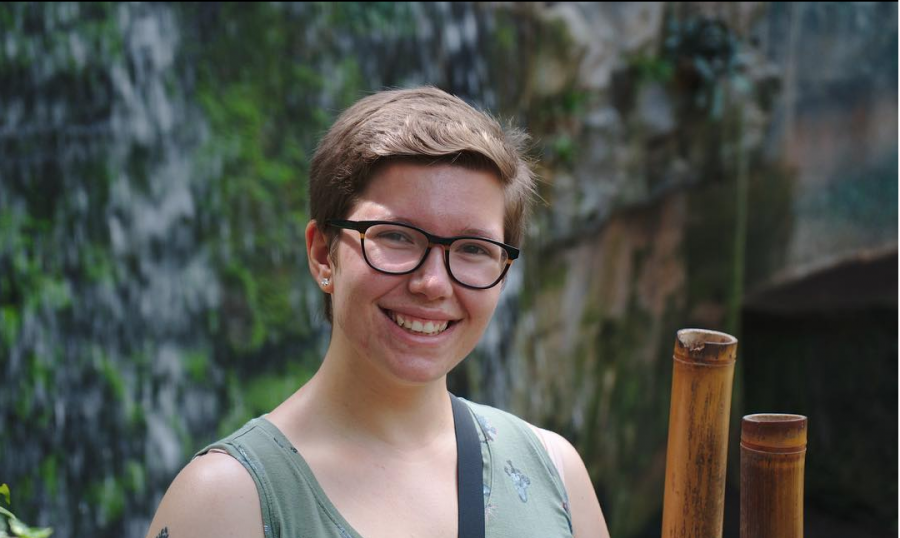It’s time to switch to plant-based food choices
March 4, 2019
Salads and nothing but fruits and vegetables for every meal is probably what you have in mind when you think vegan, or you might think of it as a lifestyle full of food that is not only delicious and full of variety but is phenomenal for the environment, animals, your health and your wallet.
As a vegan for more than two years, I can assure you that, to me, veganism is certainly the latter. I’m sure that you have heard a lot about veganism and its correlation to animals and the environment, but let’s discuss how it can impact you on a personal level.
Everyone should prioritize their own health, and living a plant-based lifestyle is one of the primary ways that I choose to do so. My family has a huge history of heart disease. It has affected nearly every one of my aunts and uncles, and my dad dealt with cardiovascular problems during his whole adult life, so I made the decision to eat fewer animal products four years ago to help prevent issues with my heart later in my life.
Most animal products contain dietary cholesterol, which increases the risk of heart disease and diabetes, which can also contribute to heart disease. Plant-based products can sometimes help lower blood pressure, another risk factor for heart disease, if they are consumed over a longer period of time, according to an article in the European Journal of Clinical Nutrition.
In a time when one in four people die from heart disease in the U.S., and 735,000 people have a heart attack each year, it is clear that we need to be making some changes to our diet to prevent it. Several people I know believe that eating a plant-based or vegan diet is more expensive than the standard American diet. This isn’t a valid argument against going vegan since the world’s least expensive foods (like rice and beans) are plants.
While it is true that lots of plant-based specialty foods are more expensive than their non-vegan counterparts, most nonprocessed foods are significantly less expensive than non-vegan options. Many foods you eat now may be “accidentally” vegan, like most bread and pasta.
It’s easy to see that choosing more plant-based options, even if you don’t go vegan, has significant benefits for you, and it doesn’t have to be hard.
There’s no better time to do so than now, because SDSU’s campus and the Brookings community both have more options for plant-based choices than ever, from True Balance stations in Larson Commons and the Market to gluten-free and vegan baked goods in Kool Beans, you’re bound to find some tasty plant-based food wherever you go.
Rebecca Peick is a columnist at The Collegian and can be reached at [email protected].
























